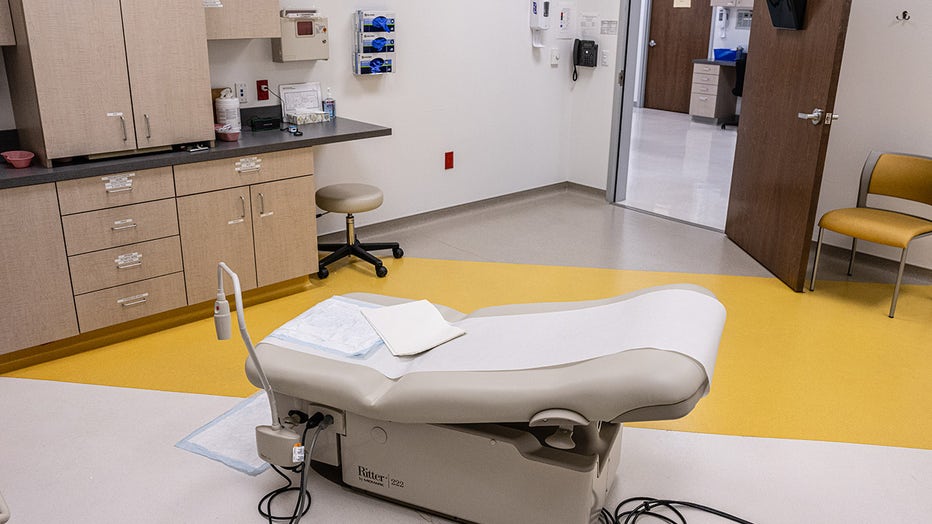Federal rule issues time off for pregnancy care, abortions
Biden and Trump speak out following AZ Supreme Court's ruling to uphold 1864 abortion ban
Dr. Patricia Crouse, practitioner in residence for political science and public administration with University of New Haven speaks more about the court ruling, its significance, and the potential "out" the court is giving critics.
NEW YORK - Federal regulations have affirmed that workers are entitled to time off and other job accommodations for abortions and other pregnancy-related medical conditions such as miscarriage, stillbirth, and lactation under the Pregnant Workers Fairness Act.
The finalized federal regulations, published Monday, offer guidance to both employers and workers on how to implement the law, which received substantial bipartisan support in Congress in December 2022.
However, the inclusion of abortions in the draft rules by the Equal Employment Opportunity Commission last year stirred controversy. This provision allows workers to request time off for obtaining an abortion and recovering from the procedure.
The act requires most employers with 15 or more employees to provide "reasonable accommodations" for a worker’s known limitations related to pregnancy, childbirth, or related medical conditions — including fertility and infertility treatments in some cases — unless the accommodation will cause the employer an undue hardship.

An exam table in a room where surgeries, including abortions, are performed is seen at a Planned Parenthood Health Center on July 9, 2022 in Louisville, Kentucky. (Credit: Jon Cherry/Getty Images)
"No one should have to risk their job for their health just because they are pregnant, recovering from childbirth, or dealing with a related medical condition," EEOC Chair Charlotte A. Burrows said Monday.
The EEOC maintains that its retention of the abortion provisions in the final rules, despite objections from certain conservatives, aligns with its longstanding interpretation of Title VII and court rulings.
RELATED: Georgia woman calls for separate waiting rooms for patients experiencing pregnancy loss
The federal agency noted that the new law does not mandate employers or employer-sponsored health plans to cover abortion-related expenses.
The regulations will go into effect on June 18.
The new regulations are controversial among some Republican lawmakers and anti-abortion activists. The EEOC said it had received 54,000 comments urging the commission to exclude abortion from its definition of medical condition related to pregnancy, but it also received 40,000 comments supporting its inclusion.
June 24 will mark two years since the Supreme Court overturned Roe v. Wade, the 1973 decision that provided a constitutional right to abortion.
RELATED: Here's where abortion laws stand in your state
Twenty-five million women of childbearing age now live in states where the law makes abortions harder to get than they were before the ruling.
Decisions about the law are largely in the hands of state lawmakers and courts. Most Republican-led states have restricted abortion. Fourteen ban abortion in most cases at any point in pregnancy, while 20 Democratic-leaning states have protected or expanded access to abortion.
This story was reported from Los Angeles. The Associated Press contributed.

